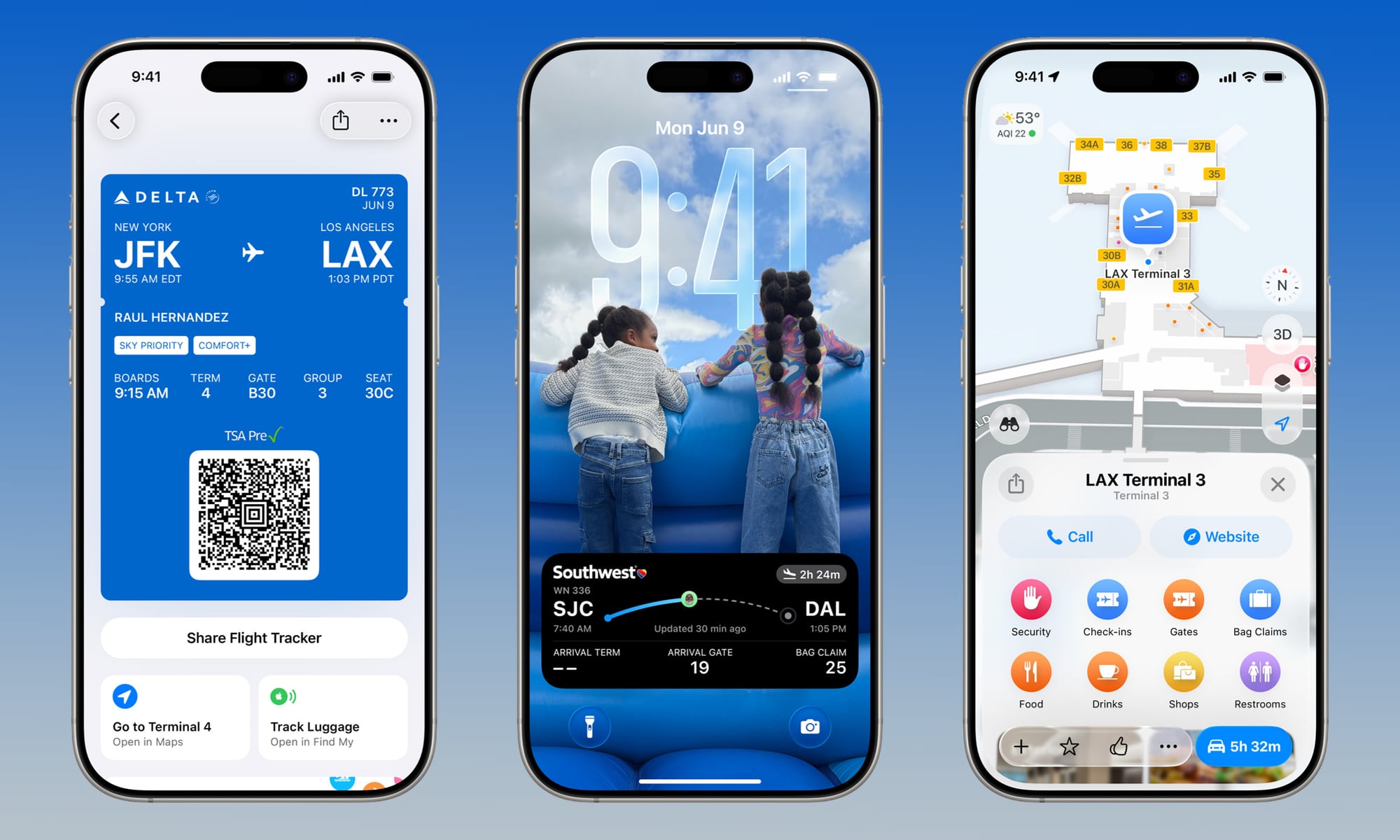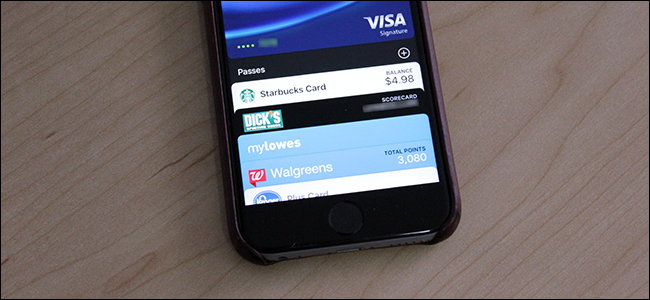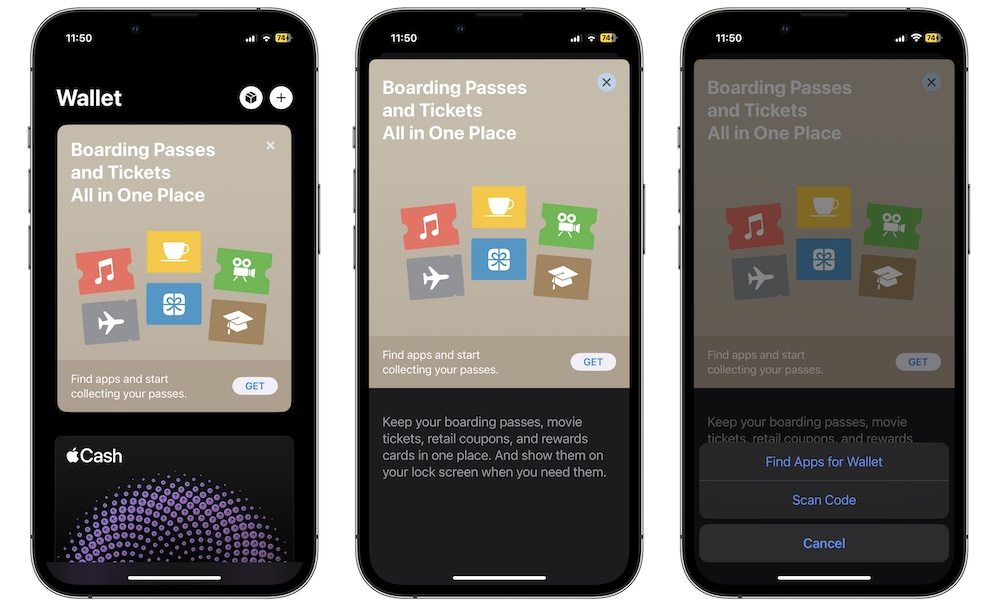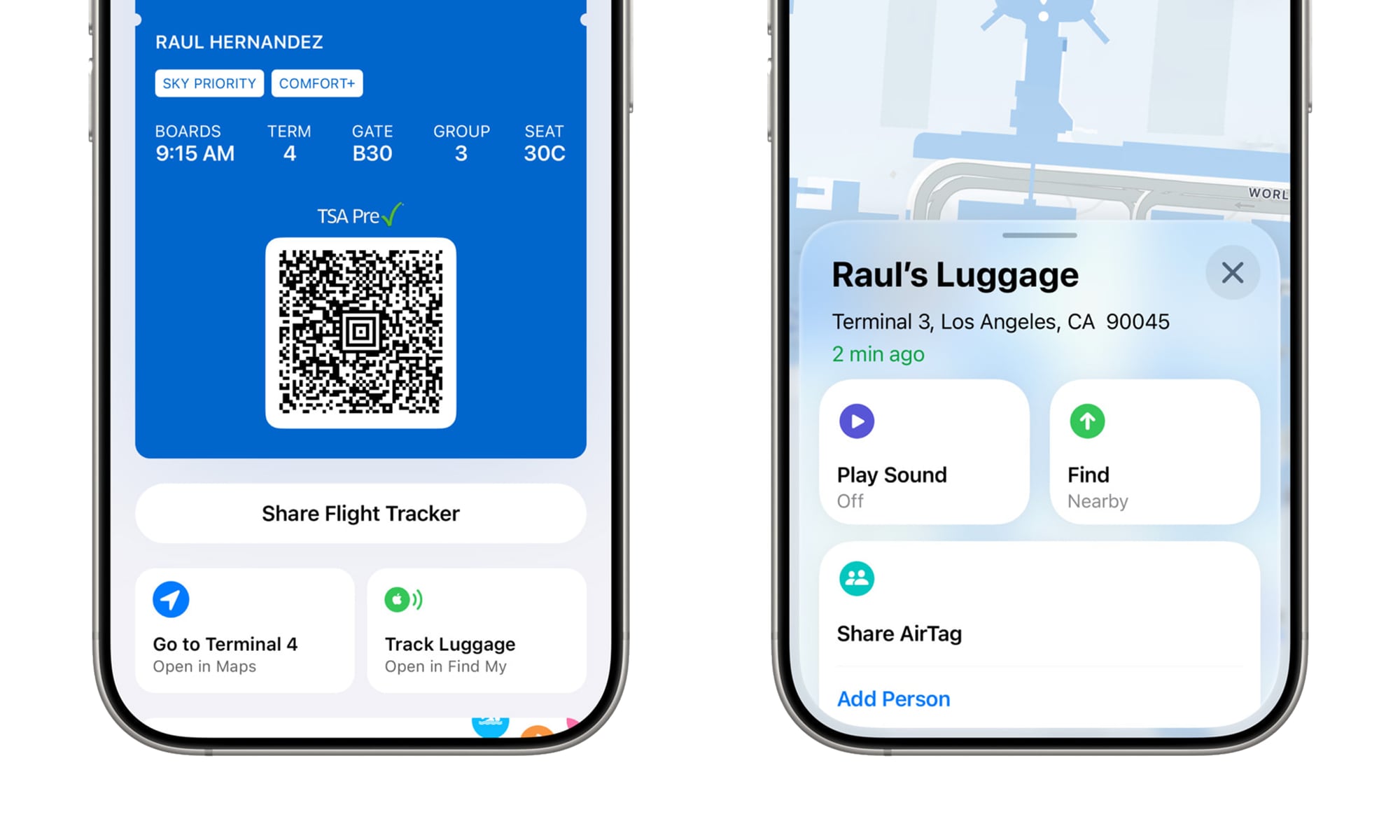United Airlines First to Support New iOS 26 Boarding Passes
 Apple
Apple
Toggle Dark Mode
Over the years, Apple has added numerous features to iPhone software updates that failed to gain traction because they relied on third-party developers and organizations that ultimately showed little to no interest in supporting them. From Ping and Newsstand to iMessage apps, App Clips, and the ill-fated iBeacons initiative, Apple’s history is filled with clever ideas that never quite took off once they left Cupertino’s bubble — some have become ghosts of iPhones past, while others linger in iOS in name only.
Then there’s Apple Wallet. Long-time Apple fans may recall this originally launched in 2012 as “Passbook,” with big dreams of replacing all the odds and ends that we carry in our wallets. Digital driver’s licenses and credit cards were still years away, but Passbook promised to handle tickets, boarding passes, loyalty cards, and more.
It was one of Apple’s typically ambitious visions, but it quickly fizzled in an era when few companies saw the point — especially since it meant users wouldn’t be opening their own apps. It wasn’t until Apple introduced Apple Pay and rebranded it as Apple Wallet that iPhone users — and app developers — began to take notice.
From Passbook to Wallet: Apple’s Second Chance
Since then, Apple has effectively reinvented its original Passbook vision. Payment cards became central, but it wasn’t long before Wallet began embracing loyalty cards, transit cards, student IDs, and even digital versions of car keys, hotel keys, and driver’s licenses. The ability to store all this gradually transformed it into an essential digital wallet, making it far more compelling for everyone.
More recently, Apple has upped the ante by introducing a big upgrade for event tickets in iOS 18 and more powerful boarding passes in iOS 26, powered by a new WalletKit API. These are far more mature and full-featured versions than the simple static items that were once part of Passbook. However, as usual, the problem is that Apple can only build it; it still needs developers to come on board.
Fortunately, Apple has also been adept at securing partnerships. Ticketmaster quickly got on board with the new ticket feature last year, issuing enhanced tickets in Apple Wallet that offer venue maps, parking details, Apple Music playlists for concerts, weather forecasts, and quick access to location sharing, allowing you to meet up with your friends.
A New Era for Boarding Passes in iOS 26
Now, it appears that we’re seeing the same effect with the new boarding pass feature. Thirteen years after Passbook’s debut, history is repeating itself — only this time, United’s integration looks far more like the future Apple originally promised.
United Airlines was also one of Apple’s earliest and most visible launch partners when Passbook debuted with iOS 6 in 2012. Apple even featured United’s digital boarding passes in its keynote slides and promotional materials to demonstrate the feature.
However, as with all Passbook passes of that era, those boarding passes amounted to little more than a digital printout of the boarding pass. The experience also encountered some early adopter bumps on the tarmac, with barcodes that failed to scan properly, and issues with the integration from United’s app and the airline’s backend systems.
Even after Apple added “dynamic updates” in iOS 9, Wallet could only reissue new passes for things like gate or seat changes — a process that depended on the airlines’ backend systems and often wasn’t seamless.
That’s why Apple’s new iOS 26 boarding passes are such a big deal. Much like last year’s concert ticket upgrade, they can now pull real-time information directly from the airline rather than waiting for updates to be pushed out. It’s a subtle but important change that makes the experience faster, more reliable, and less dependent on the airline’s backend quirks — and United Airlines is once again the first to adopt the new technology, according to an anonymous tipster who shared the details with 9to5Mac.
The real-time updates will be enhanced by shareable Live Activities, which will display flight status directly on your lock screen and Dynamic Island. There will also be access to airport maps, luggage tracking with Find My, and deep links into the airline’s own app to access features such as seat upgrades and standby lists. The tipster confirmed that the Live Activities won’t be activated automatically; you’ll have to activate them from the boarding pass in the Wallet app, which Apple hinted at during its June announcement. Shared Live Activities will also only provide a basic flight tracker, without additional details like boarding group and seat number.
United Airlines has yet to make a formal announcement, so this may still only be rolling out on a limited basis. However, it’s worth checking for if you’re flying United anytime soon. Apple has also promised that this will be rolling out to Air Canada, American Airlines, Delta Air Lines, JetBlue, Jetstar, Lufthansa Group, Qantas, Southwest Airlines, and Virgin Australia before the end of the year. If United’s rollout goes smoothly, it could mark the start of a long-overdue renaissance for Apple’s digital boarding passes — one that finally delivers on a promise made back in the days of Passbook.










